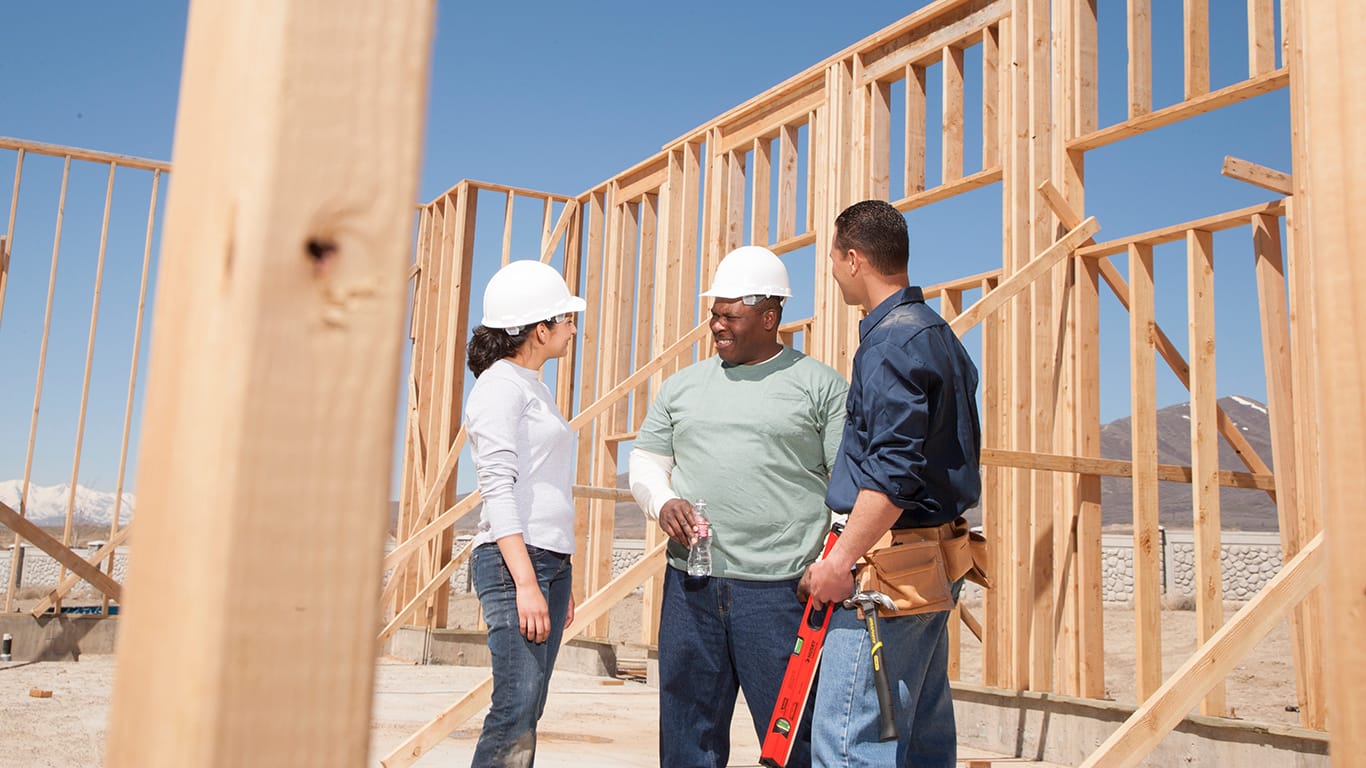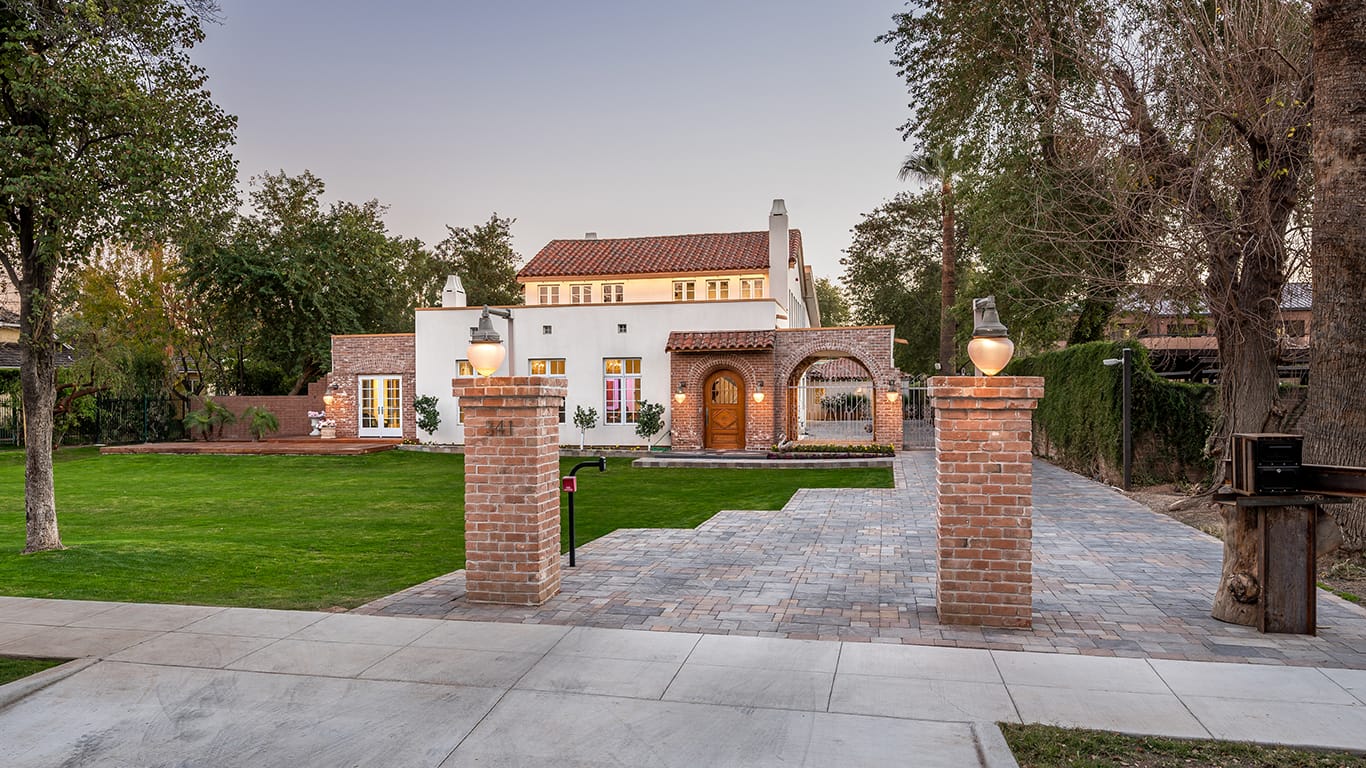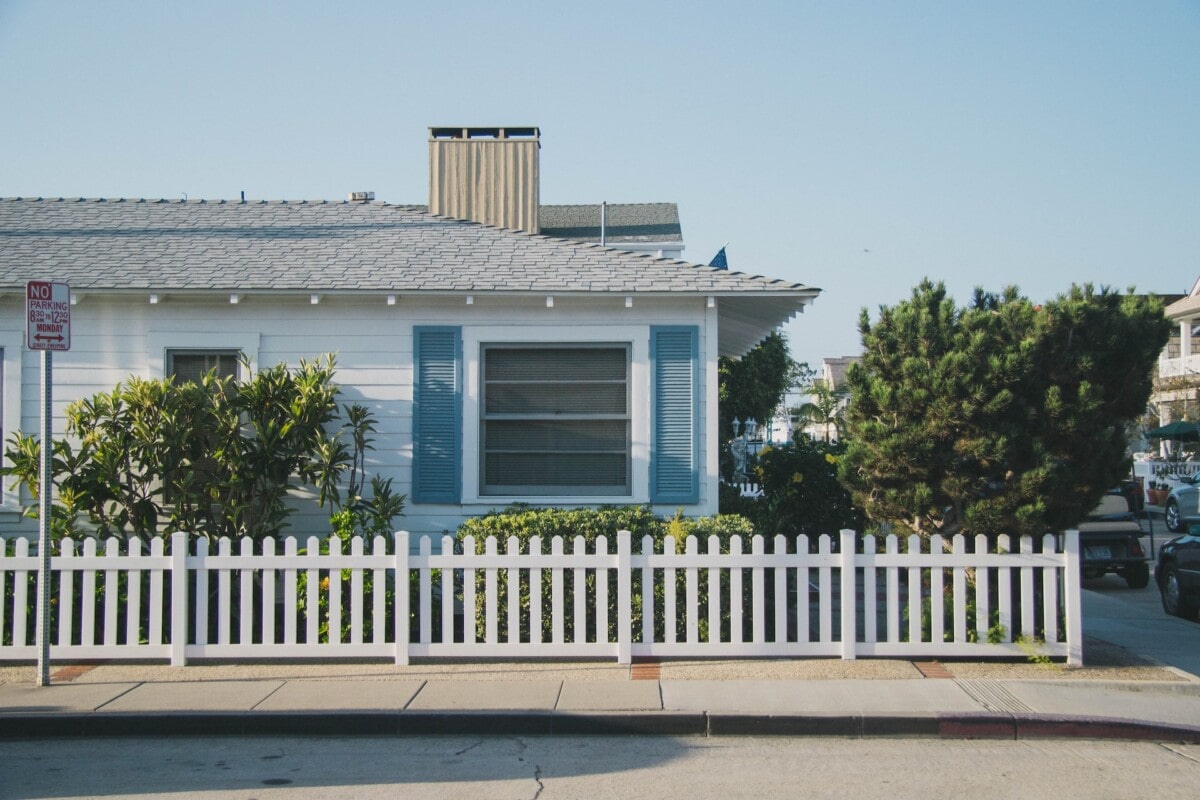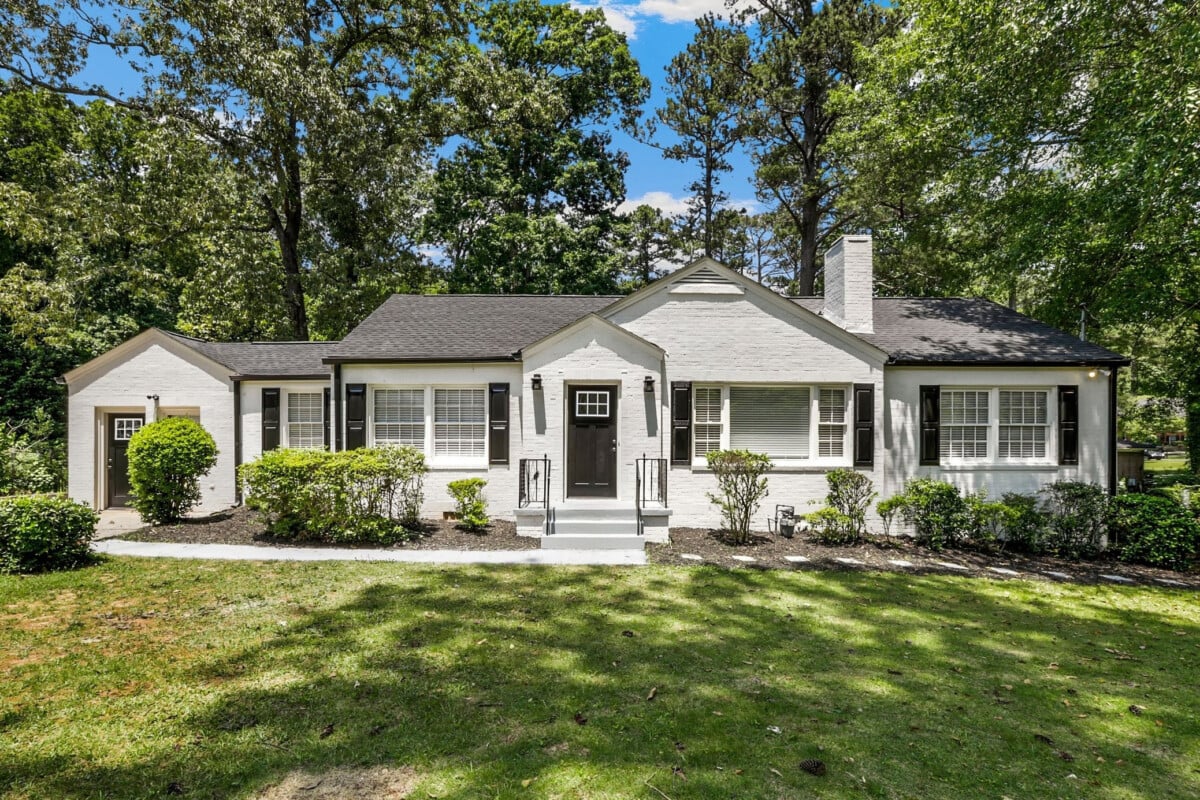The Advantages of Buying a Home in the Off-Season

1. Less competition
The off-season typically sees fewer buyers in the market. With many potential buyers waiting for the warmer months or the new year, you’ll likely face less competition. This means fewer offers being made leading to less bidding wars and a higher chance of your offer getting accepted.
2. Motivated sellers
A house listed in the off-season often belongs to sellers who have more of an urgency to sell. This could be due to several reasons, such as relocating for a job, financial needs, or other life changes that makes selling their home in the off season the best or only solution. As a result, these sellers are typically more open to negotiation on terms and price. For instance, in today’s economic climate, a smart way for buyers to capitalize on this market and today’s rates is by exploring innovative solutions like Bay Equity’s 2/1 Rate Buydown Program. With this program, motivated sellers can entice buyers by offering to cover an upfront deposit that results in lower mortgage payments for the first two years — reducing the first year’s interest rate by 2% and the second year’s by 1%. Such an arrangement not only makes the deal more attractive for buyers but also helps sellers sell more quickly, making this a win-win scenario for some.
3. Get a better deal
Historically, home prices can be lower during the off-season, though you should check out the trends in your local housing market. With fewer buyers and motivated sellers, you might just snag a property at a lower price than you would in the peak season.
4. Faster transactions
With fewer real estate transactions taking place, lenders, inspectors, and appraisers are less busy. This can result in a smoother and faster home-buying process, allowing you to settle into your new home sooner.
The current market dynamics: Why buying now may make sense
Despite high-interest rates, there are still compelling reasons to consider buying a home in the off-season:
- Inventory & selection: High-interest rates have deterred potential buyers from entering the market, resulting in less competition for homes available, and giving you the opportunity to find the right fit without excessive competition.
- Seller flexibility: High-interest rates might also make sellers more amenable to concessions you ask for during the negotiation phase of buying a home. Given the decrease in buyer demand, you might find sellers more willing to adjust the home price or offer to buy down your mortgage rate.
- Predictability: As interest rates hover between 7-8%, it’s important to approach financing a home with a long-term perspective, especially considering the uncertainty of refinancing in the near future. If you’re opting for a buydown or an adjustable-rate mortgage (ARM), it’s wise to plan for at least 3-5 years with the initial rate. It’s important to make sure you can comfortably manage the payments for the next few years, as interest rates may remain elevated.
Categories
Recent Posts









